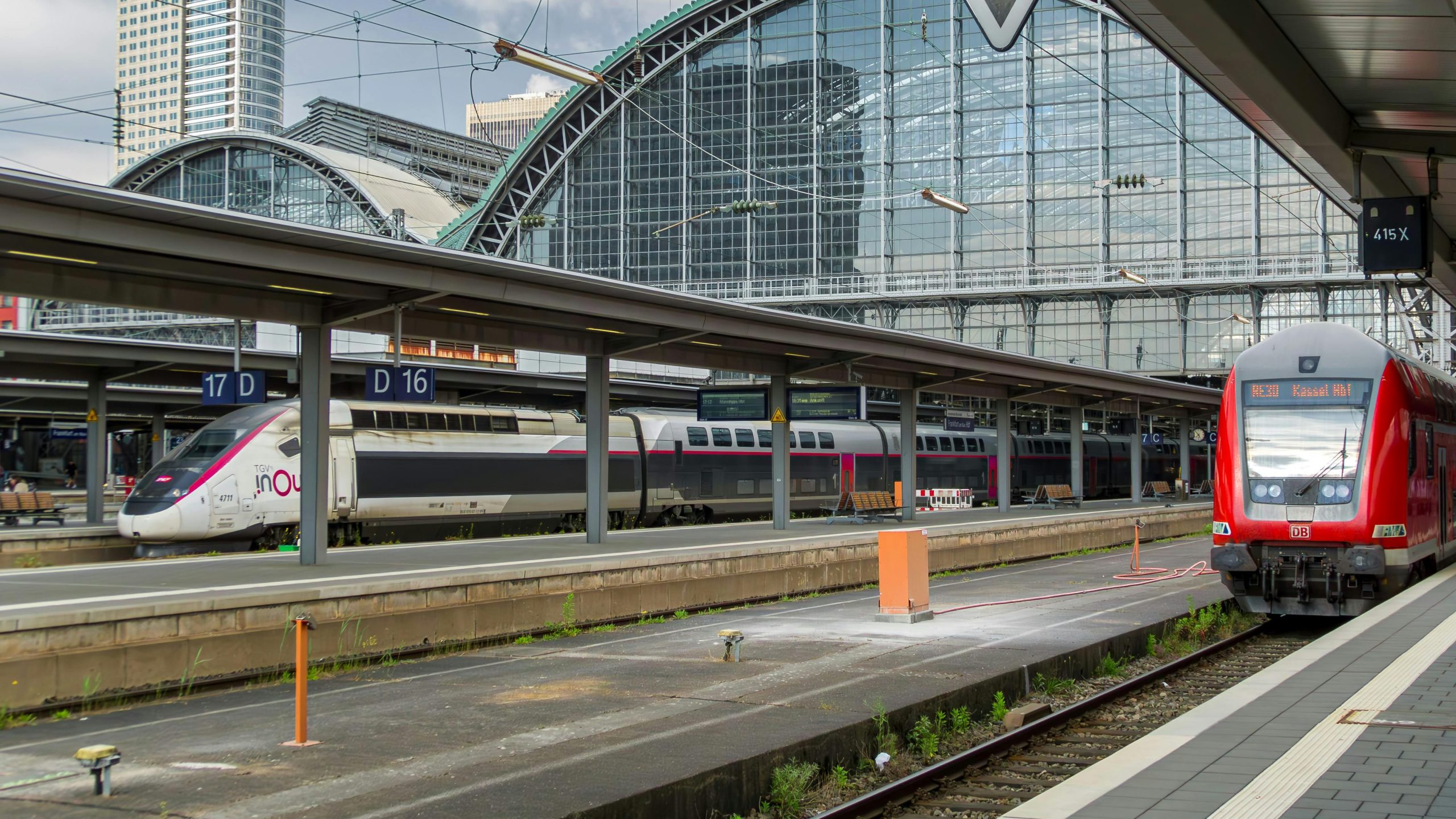
EU Country Launches €20 Ticket. News. Germany and Portugal share a similarity: both have a €49 ticket that lets you travel by train across the country. However, the prices are about to change. Starting January 1, 2025, the “Germany ticket” will increase by nine euros, bringing the total cost to €58. On the other hand, Portugal is doing the opposite by lowering the price of its subscription model by more than half. In the rest of this article, we will explore all the interesting details about the EU country that is introducing the new ticket for intercity trains.
EU country introduces ticket for intercity trains
The €20 ticket will cover more than just regional trains. It will also include the national Intercidades trains, which are similar to Germany’s Intercity trains (ICs). In Portugal, there are also high-speed trains known as “Alpha Pendular,” which are like the ICE trains in Germany. However, according to the daily Público, these high-speed trains will not be part of the €20 ticket.
Read also: Enjoy Direct Travel: Daily Trains Connecting Berlin and Paris
The start date for the €20 ticket in Portugal is still uncertain. Reports from Portuguese media suggest that autumn is being considered as a possible launch time. However, Jornal de Notícias indicates that infrastructure issues are causing delays. Some of the trains are outdated, and several questions need to be resolved before the ticket can be introduced. The Portuguese Ministry of Infrastructure was also unable to provide a specific date when asked by IPPEN.MEDIA. According to hna.de, Portugal is expected to lead Germany in offering affordable train fares soon.
The ticket price in Germany will rise by 18% at the start of the year. This increase is necessary to cover the extra costs of tickets beyond what the federal and state governments subsidize, according to NRW Transport Minister Oliver Krischer from the Greens party. He described the hike as a “moderate price increase.” Krischer emphasized that it remains a “very affordable offer for all public transport users” and is considered one of the “biggest relief measures in recent years.”
